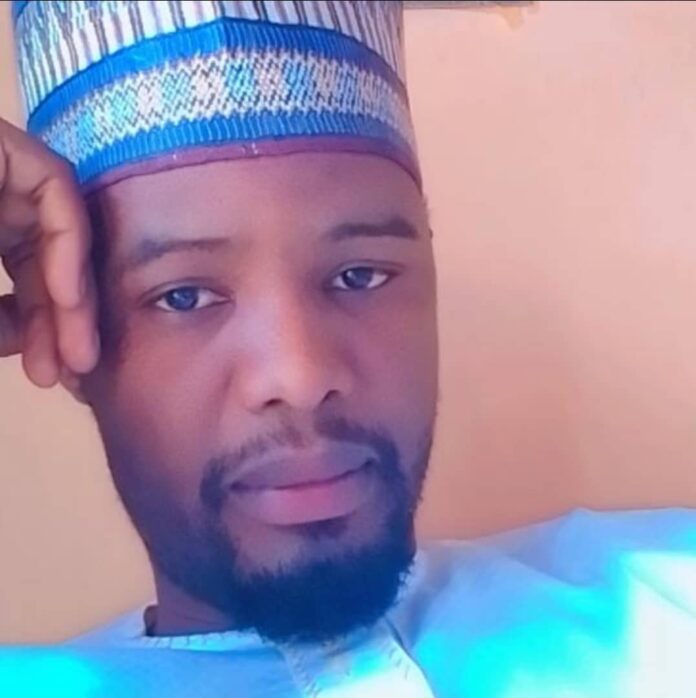Nigeria and the Challenges of Mass Migration: Addressing the Japa syndrome, by Umar Yahaya Dan’inu
Mass migration is a complex and multifaceted phenomenon that affects individuals, communities, and entire countries. It is driven by factors such as economic opportunity, political instability and natural disasters, as people seek to improve their lives. In Nigerians, many people are driven to migrate by the desire for better lives, education and healthcare, and job prospects. Political instability, such as conflict, insurgency and human rights abuses, also contributes to the mass migration of Nigerians.
The term “Japa” refers to the migration of Nigerians to foreign countries, especially Western ones in search of a better life. This phenomenon is often caused by a lack of quality leadership in the country at all levels. Several reports and writing has shown that despite their love for their home country, many Nigerians have lost trust in their leaders and feel compelled to leave in search of a better future. The decay of leadership has caused division within the polity, everyone’s tribe or region is iaus suspicious of another, and there is fear of domination and marginalisation.
In the ’60s and late ’70s, Nigeria is a country that command respect in the global arena, our passport is a thing of prideentryries and departure levels, and the Nigerian currency and economy were in good shape. However, the challenges facing Nigeria such as insecurity, kidnapping, banditry, corruption and political violence, have led to declining of the country’s economy and international standing. This decline has driven many young people, skilled and unskilled to leave in search of a better life.
In Northern Nigeria, where Islam dominates the culture, people prefer to migrate to Middle Eastern countries, such as Saudi Arabia and recently Dubai and Qatar, where they share the same religion and beliefs. In contrast, Southern Nigeria is the centre of migrants, as people seek to escape bad governance and poor leadership. Despite the differences between the North and South in access to education, quality of life, job prospects and economic opportunities, many young people still feel compelled to leave.
However, the skilled and unskilled knows what they can do to navigate their ways to leave Nigeria. In Benin, the state of Edo, people are been trafficked in the name of migration to get a better life and they mostly end up enslaved and sold to work without regard to the dignity and respect they left in their country.
Furthermore, some skilled migrants bring positive changes to Nigeria, they are doing wonders in their new countries, such as setting up companies that employ Nigerians and they are impacting the economy positively. Statistics have shown that Nigerians are highly skilled people in the UK and the US contributing to the economies of the host countries.
The migrations of these groups affected Nigeria negatively because Nigeria is among the world countries with the highest numbers of out-of-school children and high numbers of maternal mortality rates. Nigerian-trained Doctors, Engineers, Scientists, Musicians and filmmakers are all over the world doing great work. Nigerian government needed their services and contribution to help in reducing the numbers of maternal mortality and to help in actualising effective education take place at all levels.
To address the Japa syndrome, a multi-faceted approach is needed that addresses the root causes of migration and its challenges. These involved improving economic opportunities, promoting stability and security, and increasing access to education, healthcare, and employment opportunities can help reduce migration. Strengthening the democratic process, improving wages and salaries, and enhancing the country’s security architecture are also important steps that need to be taken.
Nigeria is ours, and it is our responsibility to ensure a bright future for our nation and our youth. We must take action to address the Japa syndrome and create a future that is worth staying for.
Written by Umar Yahaya Dan’inu
Hausari Ward, Nguru, Yobe State
umarnguru2015@gmail.com
Follow the Neptune Prime channel on WhatsApp: https://whatsapp.com/channel/0029Va74ZvU2v1IqKByXoX3d
Do you have breaking news, interview request, opinion, suggestion, or want your event covered? Email us at neptuneprime2233@gmail.com


